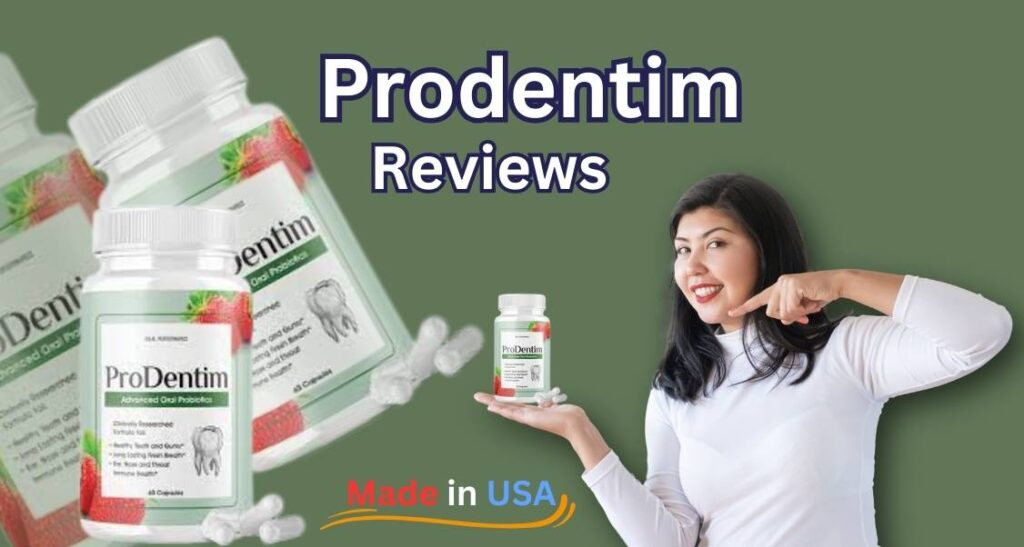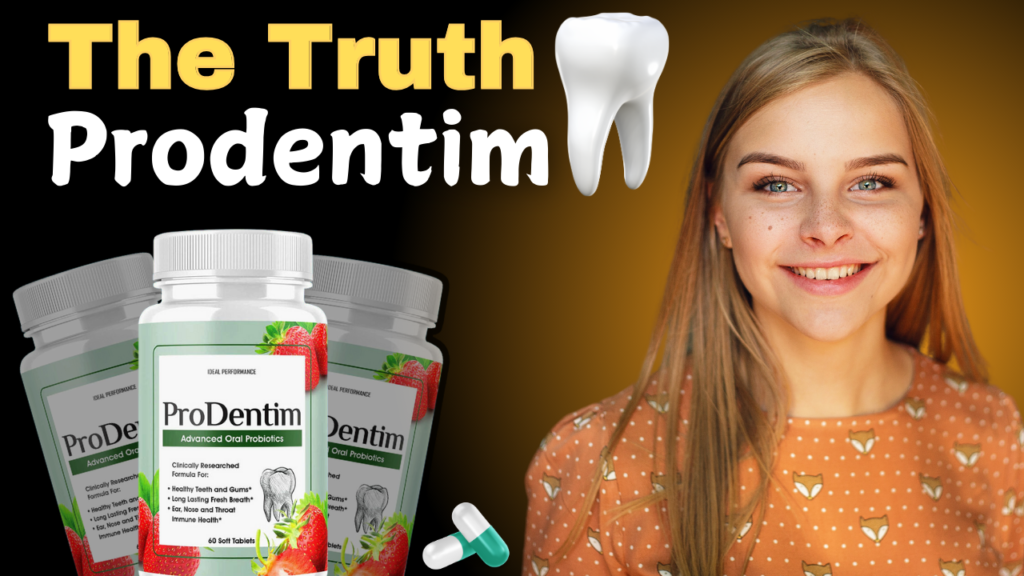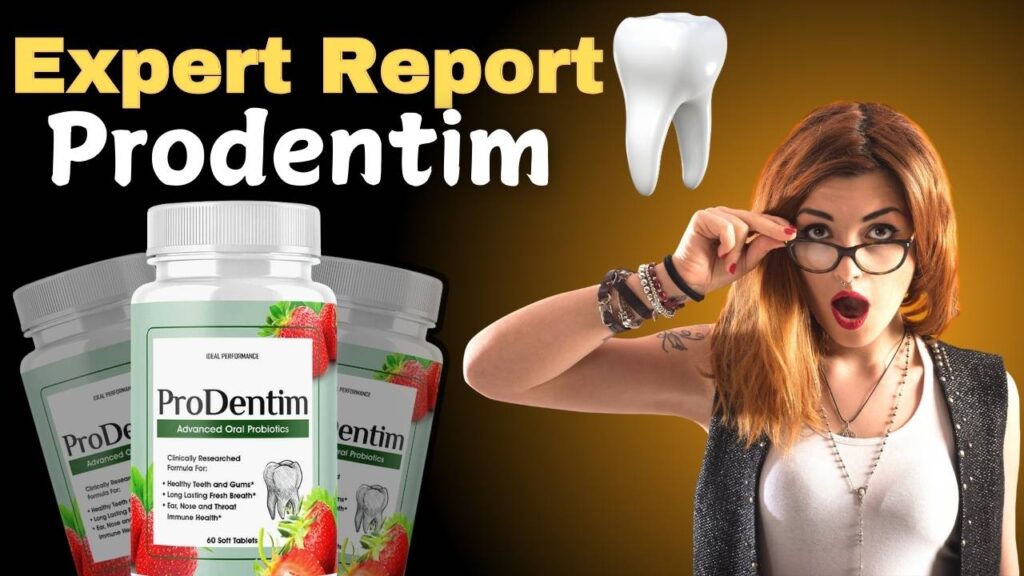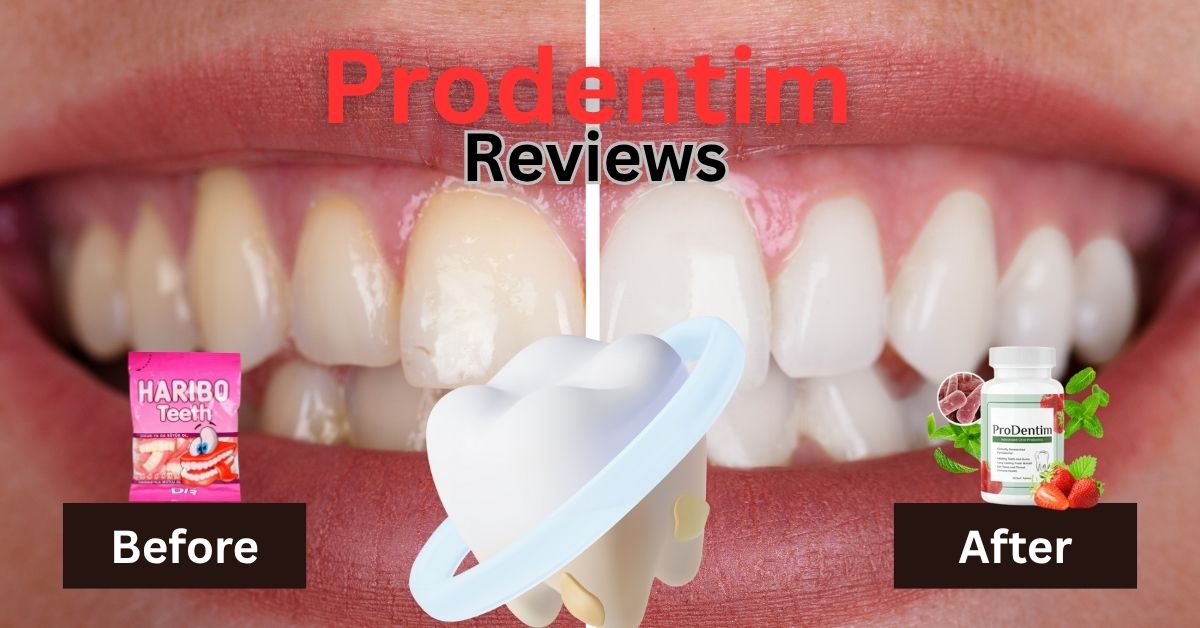
In a world where oral health is directly linked to overall wellness, dental supplements like ProDentim have become increasingly popular. Marketed as a revolutionary probiotic formula for oral health, ProDentim claims to support the gums, teeth, and respiratory tract. As more consumers explore natural solutions for their dental care, questions arise regarding the scientific backing of such supplements. In particular, many are asking about the American Dental Association review of ProDentim and whether this organization recommends or supports its use.
This article will explore the available evidence, public sentiment, and expert views regarding ProDentim, while also taking a closer look at ProDentim complaints, American Dental Association review of ProDentim recommendations, and even broader American Dental Association complaints to offer a complete understanding of where this supplement stands in the dental health ecosystem.
What Is ProDentim and How Does It Work?
ProDentim is an oral probiotic supplement designed to restore the balance of good bacteria in the mouth. Unlike traditional toothpaste or mouthwash that may strip the oral cavity of essential microbes, ProDentim introduces beneficial bacteria strains like Lactobacillus Reuteri and BLIS M-18. These strains aim to enhance gum health, reduce inflammation, eliminate harmful bacteria, and freshen breath naturally.
In addition to probiotics, the formula includes natural compounds like inulin, peppermint, and malic acid to support oral hydration and immune function. Users have reported improvements in gum bleeding, plaque reduction, and overall freshness of breath. These benefits have generated widespread interest—but what does the American Dental Association have to say about it?
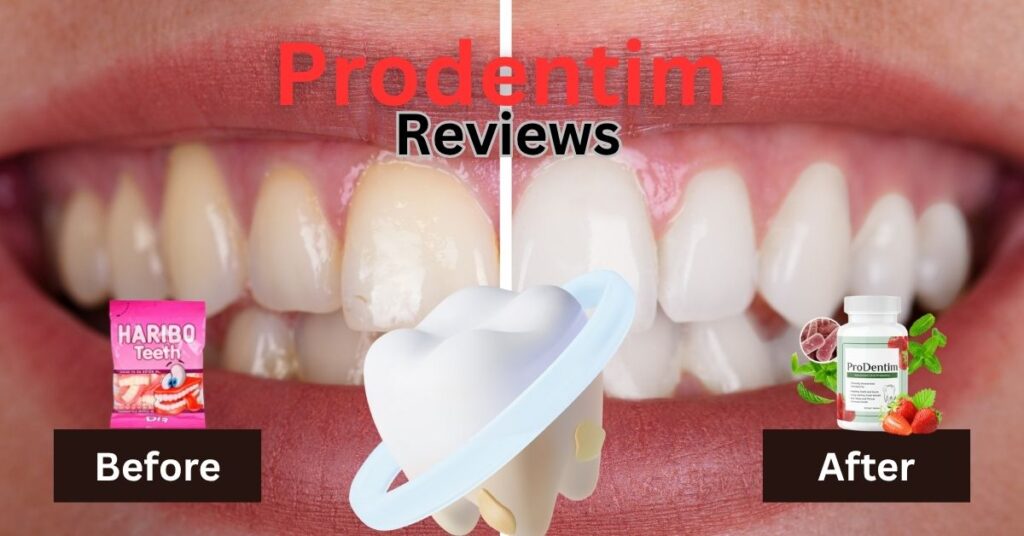
American Dental Association Review of ProDentim: Is It Endorsed?
Currently, there is no official American Dental Association (ADA) review of ProDentim listed on the ADA Seal of Acceptance program. The ADA is the most recognized dental authority in the U.S., and it offers its Seal only to products that undergo extensive clinical testing, ingredient verification, and scientific scrutiny. Although ProDentim has gained popularity and positive user feedback, it has not received an ADA Seal of Acceptance to date.
This lack of official endorsement does not necessarily imply the product is ineffective. It simply means ProDentim has not submitted or passed the ADA’s rigorous evaluation process. Many supplements in the health industry operate outside of formal FDA or ADA channels, focusing instead on nutritional science and user experience. However, those looking for ADA-backed dental solutions might be hesitant to try a supplement without that endorsement.
ProDentim Complaints: What Are Users Saying?
Despite the hype, not all feedback is glowing. A portion of users have raised ProDentim complaints, which typically fall into three main categories: effectiveness, taste, and delivery issues. Some users have reported that they didn’t experience noticeable improvements in their oral health even after using the product for several weeks. Others found the taste of the chewable tablets unpleasant, especially when taken daily.
There are also logistics-related complaints, including delayed shipping, issues with the customer service team, and confusion over refund policies. While these don’t necessarily reflect on the formula’s effectiveness, they do impact overall customer satisfaction.
It’s important to note that most health supplements receive a mix of positive and negative reviews. That said, understanding the scope of ProDentim reviews and complaints provides valuable insight into real-world experiences.
Read More: ProDentim vs ProVadent: A Detailed Comparison of the Best Dental Probiotics
American Dental Association Recommendations for Oral Health
The American Dental Association recommends brushing and flossing every day, frequent dental examinations, and regular application of ADA-approved toothbrushes and gum. The organization supports evidence-based solutions that are tested for safety and efficacy. While the ADA recognizes the role of nutrition in oral health, it typically does not endorse dietary supplements unless supported by a robust body of clinical data.
This means that while ProDentim may support oral health through probiotics, it does not align directly with current ADA guidelines—yet. However, with growing interest in microbiome research and the gut-oral health connection, it’s possible that future updates to ADA recommendations could begin to include probiotic-based oral care, assuming more data becomes available.
ProDentim Reviews and Complaints: A Balanced Overview
To provide a clearer picture of public opinion, let’s examine a table comparing the major themes in ProDentim reviews and complaints, based on online testimonials and consumer feedback:
| Aspect | Positive Reviews | Common Complaints |
| Effectiveness | Improved gum health, fresher breath | No noticeable changes in some users |
| Taste | Pleasant mint flavor for many | Some users dislike the chewable texture |
| Delivery | Fast shipping for direct orders | Delays with international or third-party orders |
| Customer Support | Helpful refund process (in most cases) | Slow response times occasionally reported |
| Value for Money | Cost-effective compared to dental bills | Pricey compared to traditional toothpaste |
This table reveals that while ProDentim reviews and complaints vary, the product does provide real benefits for many users, especially those seeking non-invasive alternatives to oral health care. However, it is not a one-size-fits-all solution and does not replace traditional oral hygiene routines.
How ProDentim Compares to ADA-Approved Products
One of the major differences between ProDentim and ADA-approved dental products lies in regulatory oversight. ADA products undergo strict testing and must submit independent laboratory results. ProDentim, like many supplements, operates under dietary supplement regulations, which require manufacturers to ensure product safety but not necessarily submit clinical data to public agencies.
ADA-approved products are usually aimed at eliminating plaque, avoiding gingivitis, and improving teeth. ProDentim offers a more holistic approach, targeting oral microbiota balance and inflammation control. Consumers need to decide whether they prefer a traditional dental routine backed by the ADA or an innovative, supplement-based approach that may provide additional, albeit less verified, benefits.
American Dental Association Complaints and Public Trust
Although the ADA is a trusted authority in oral health, it’s not immune to criticism. Some American Dental Association complaints come from dentists and researchers who feel the ADA is too conservative in its recommendations or too slow to adopt modern science like microbiome studies. Others question the ADA’s endorsement process, pointing out potential biases toward large pharmaceutical-backed brands.
While these complaints are relatively minor compared to the ADA’s reputation, they highlight the growing demand for more natural, integrative approaches to dental health—areas where products like ProDentim thrive. This underscores a possible disconnect between traditional dental institutions and evolving consumer expectations.
Should You Trust ProDentim Without ADA Approval?
This is a common question among cautious consumers. While the lack of ADA approval may concern some, others argue that many supplements, including probiotics, have demonstrated significant health benefits without mainstream endorsement. Trusting ProDentim depends largely on your health philosophy: If you’re looking for natural, preventive care and are comfortable evaluating anecdotal evidence alongside scientific studies, ProDentim may be a smart choice.
On the other hand, if you prefer products vetted by institutional gatekeepers like the ADA, you may want to wait until more formal recognition is available. Either way, it’s always advisable to consult with your dentist before starting any new supplement.
Final Thoughts on the American Dental Association Review of ProDentim
At this time, there is no formal American Dental Association review of ProDentim, and it does not carry the ADA Seal of Acceptance. That said, ProDentim continues to gain traction based on user testimonials, its holistic formulation, and its unique focus on oral probiotics. While some ProDentim complaints exist, they are not overwhelmingly negative and reflect normal variability seen with most supplements.
The American Dental Association recommendations remain rooted in traditional oral care routines, but this doesn’t invalidate the potential benefits of products like ProDentim. Consumers interested in exploring newer, natural solutions should weigh the pros and cons carefully and stay informed.
Conclusion: Is ProDentim a Risk or a Revolutionary Step in Oral Health?
In conclusion, ProDentim offers an intriguing alternative to conventional oral care. While it has not yet been reviewed or endorsed by the ADA, it fills a gap in the market for probiotic-based oral supplements. Its growing user base and positive reviews make it a worthwhile option for those who want to support their oral microbiome in a more natural way. However, it’s important to approach the product with realistic expectations and to understand that it does not replace brushing, flossing, or professional dental care.
As science evolves and more research is conducted on probiotics and oral health, perhaps future updates will bring American Dental Association recommendations closer to innovative products like ProDentim. Until then, stay informed, stay skeptical, and always prioritize your health with both caution and curiosity.
